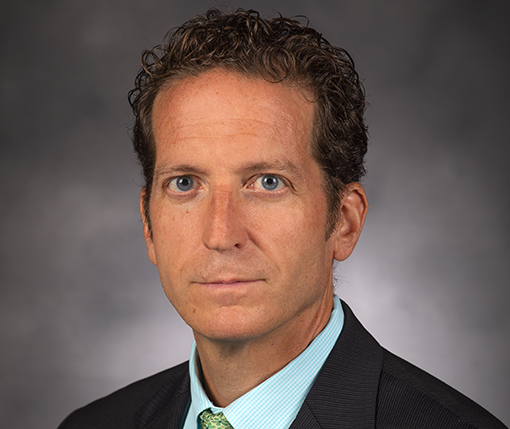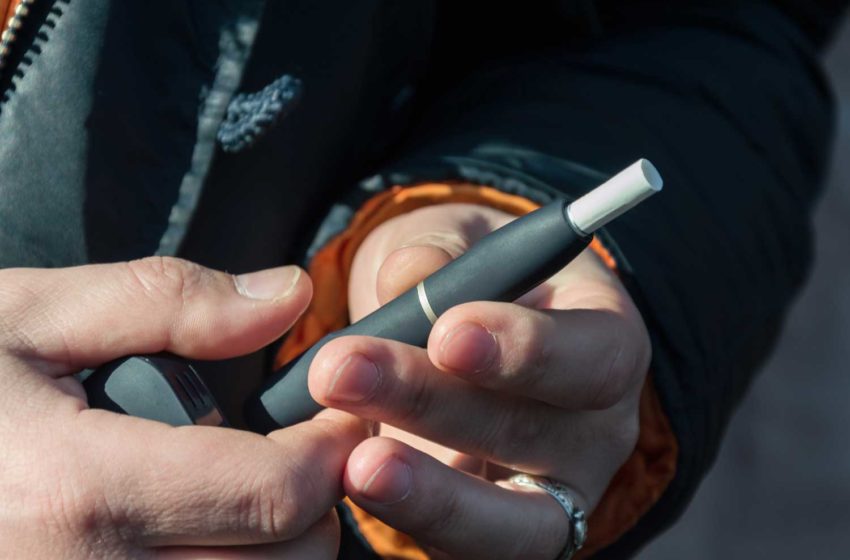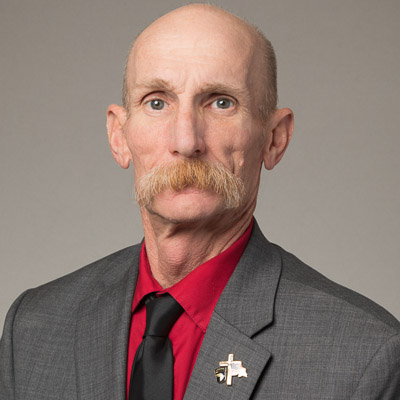
Cannabidiol (CBD) could help tobacco users quit, according to a new study published in Chemical Research in Toxicology.
Washington State University researchers tested the effects of CBD and its major metabolite on human liver tissue and cell samples and found that it inhibited a key enzyme for nicotine metabolism. Slowing nicotine metabolism could allow users to wait longer before feeling the need for more. More research is needed, but according to Philip Lazarus, Washington State University professor of pharmaceutical sciences, the findings are promising.
“The whole mission is to decrease harm from smoking, which is not from the nicotine per se but all the carcinogens and other chemicals that are in tobacco smoke,” said Lazarus, senior author of the study. “If we can minimize that harm, it would be a great thing for human health.”
“It appears that you don’t need much CBD to see the effect,” said Lazarus.
Lazarus’ team is developing a clinical study to examine the effects of CBD on nicotine levels in smokers, measuring nicotine levels in their blood versus smokers taking a placebo over the course of six hours to eight hours. They hope to then do a much larger study looking at CBD and nicotine addiction.


















